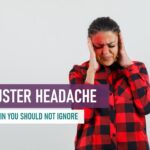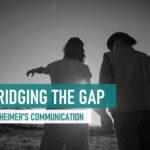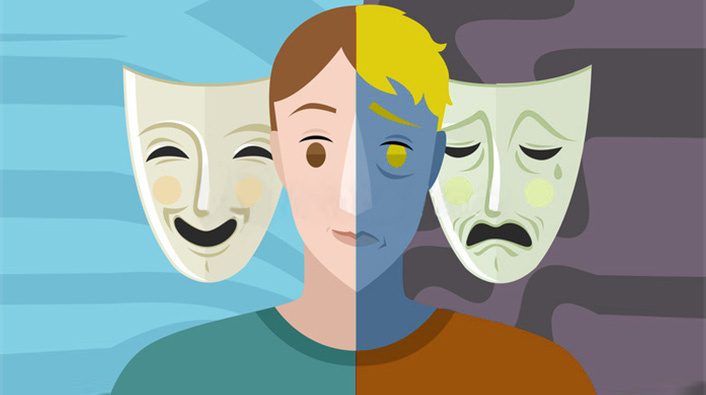Manic depression is easily confused with depression. Read on to learn what distinguishes one condition from the other.
No wonder people usually gets confused between clinical depression and manic depression, due to the common word “depression” in them. For that reason manic depression is usually called as bipolar disorder.
There’s a reason why they carry similar names. The difference between them is quite simple, manic depression (bipolar disorder) includes clinical depression as a part of its diagnosis. You can’t have bipolar disorder without having an episode of clinical depression.
Normal depression or clinical depression can be characterized by these common signs and symptoms:
- Crying for no reason
- Feeling worthless
- Having very little energy
- Losing interest in pleasurable activities
- Feeling sad and unhappy for an uninterrupted period
- Appetite changes
- Sleep problems
While the manic depression can be characterized by these common signs and symptoms:
- Feeling overly happy, excited or confident
- Feeling extremely irritable, aggressive and “wired”
- Making poor judgments, such as with money, relationships
- Engaging in risky behavior or taking more risks than you ordinarily would
- Difficulty concentrating
Since both depression and bipolar disorder share these commonality in symptoms, 10-25% of people with bipolar disorders are mistakenly taken as with only depression. It’s only when professional and experienced neurologist, learns more about the patient and their history, discover episodes of only depression or manic depression.
Making the Correct Diagnosis
An accurate medical history is the most important tool for distinguishing between depression and bipolar disorder. If left untreated, both bipolar disorder and depression can have serious consequences. Both psychotherapy and medication — or a combination of the two — can go a long way in managing symptoms of depression and mania.
SEE RELATED: Make These Your Habit to De-Stress After a Long Day
If you think you may have bipolar disorder or depression, a professional diagnosis is the first step toward getting help.







